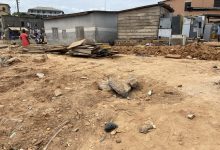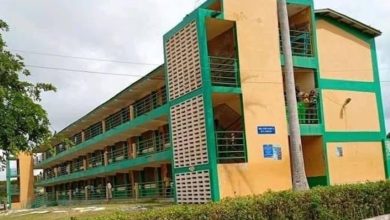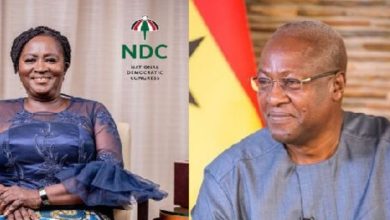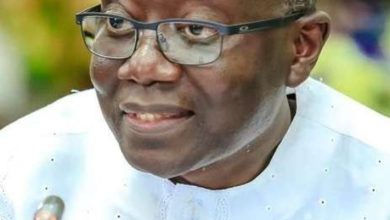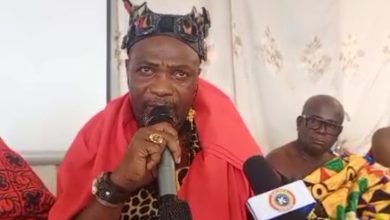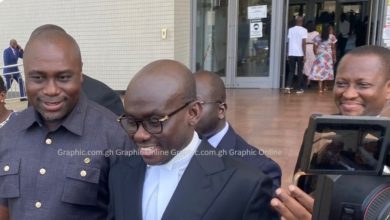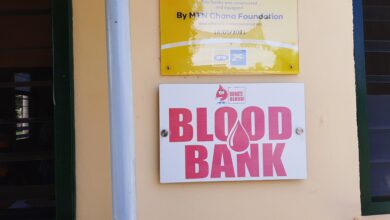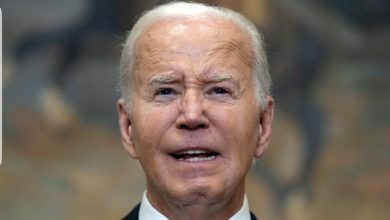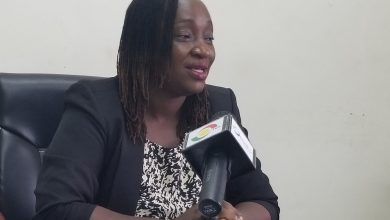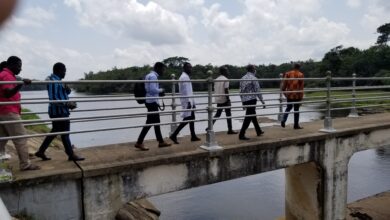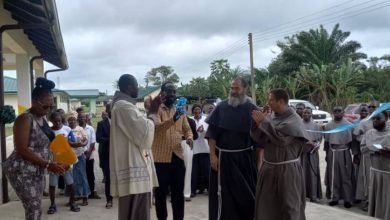Ghana’s Nuclear Power Programme: Good for Industrialization-Ms Vittor-Quao
Story: GEORGINA APPIAH
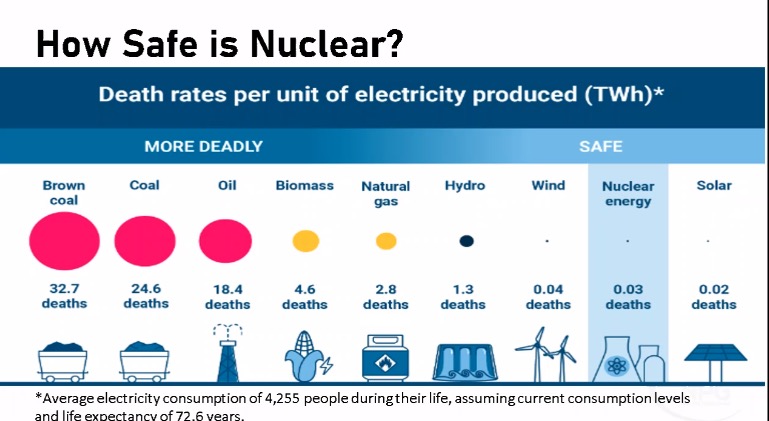
None of the developed countries depended on intermittent sources of power to develop their countries, hence, the need for a secured and reliable source of power to push Ghana’s industrialization drive.
The government’s 24hour industrialization economy could only be realized, if there’s a stable power supply.
According to Bellona-Gerard Vittor-Quao, Public Affairs Manager, Nuclear Power Ghana (NPG), “no country has industrialized without the use of nuclear power”.
“Countries are promoting renewables such as solar, how many of them have told us how to handle the used batteries”, she quizzed?
Her concern follows the misconception about the dangers nuclear technology pose to countries.
“For Ghana to industrialize, we must have the 24hour economy. Akosombo and Akuse as we speak have given us less than 40% of their generation and these are issues that must be addressed. Are we waiting for Akosombo to get worse before we think of what to do”?
Madam Vittor_Quao raised these concerns at a workshop on Ghana’s Nuclear power project for media personnel in Central and Western Regions of Ghana.
The engagement was to educate the media on the benefits and safety tools of nuclear power, in order to make an informed judgement about nuclear energy.
Ghana is expected to construct its first nuclear power plant to be sited in the Central and Western Regions, hence, the need for continuous engagement with the media among other stakeholders to educate them on the importance of nuclear energy.
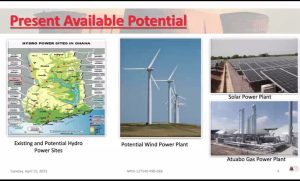
The Public Affairs Manager of NPG disclosed that short and foundational courses on nuclear had been introduced at UniMAC as part of its academic programs to update journalists on nuclear and its related issues.
“This initiative is an institutional collaboration to ensure that journalists have the chance to study nuclear power technology and to be abreast of nuclear related issues”.
“We have an arrangement with Takoradi Technical University and Takoradi Technical Institute. We have just received a confirmation to engage Cape Coast Technical University and Cape Coast Technical Institute on nuclear technology”, she stressed.
Madam Vittor-Quao further stated that NPG was doing things in a systematic order to be able to address the issues regarding nuclear and to ensure that people understood nuclear issues.
She acknowledged the misinformation regarding nuclear technology and stressed the need for the media to educate the populace on the importance of nuclear technology to the country’s industrialization drive.
Resource persons included; Dr Archibold Buah-Kwofie, Acting Director, NPI-GAEC, Dr Robert Sogbadji, Deputy Director, Power, Nuclear and Alternative Energy, at the Ministry of Energy and Mr Daniel Wordson, Manager, Executive Office, NPG among others.
They took participants through; topics such as nuclear safety, security and safeguards and update on Ghana’s nuclear programme and many others.
“Nuclear energy isn’t just about generating electricity—it’s about unlocking opportunities that can revolutionise Ghana’s economy. Nuclear energy has the potential to serve as a transformative force for Ghana’s economy, extending far beyond electricity generation. With industries like aluminium, iron and steel production heavily reliant on energy-intensive processes, introducing nuclear energy could be a game-changer. These sectors, rich in local raw materials, would benefit significantly from a steady and reliable power source, enabling optimal operations, boosting productivity, creating jobs, and fostering economic growth”, www.nuclearpowergh.com.


